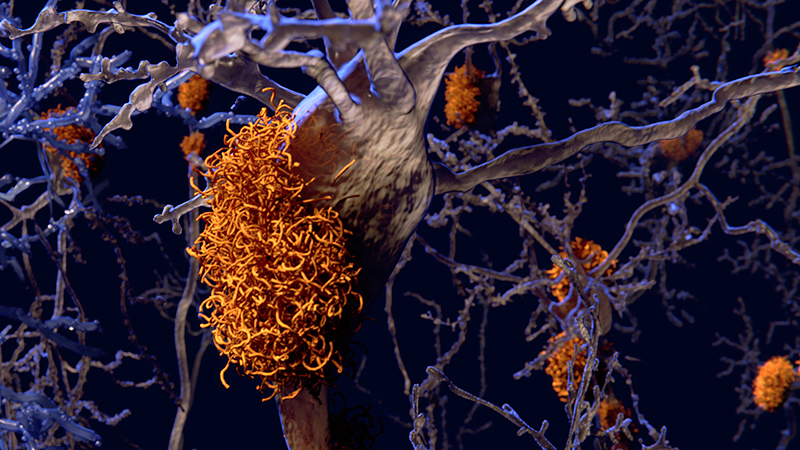Sporadic Alzheimer’s Disease in a Dish: New Cell Model Provides Insights Into Early Molecular Changes
Study in a Sentence: Geneticists at Harvard Medical School have created a new model-in-a-dish of sporadic Alzheimer’s disease using neural cells derived from sporadic Alzheimer’s disease and induced pluripotent stem cells. This model signifies the first time researchers have ever been able to identify the same molecular irregularities across several lines of sporadic Alzheimer’s disease and provides greater understanding into early molecular alterations that may lead to the disease.
Healthy for Humans: Alzheimer’s disease is the most common neurodegenerative disorder, affecting 47 million people worldwide, with 5.7 million cases in the United States alone. Sporadic Alzheimer’s disease accounts for more than 90 percent of all Alzheimer’s cases. This form disproportionally affects people without a family history of the disease and is believed to be caused by a variety of environmental and genetic risk factors. This new cell model is an important step forward in narrowing down the factors involved in sporadic Alzheimer’s disease and toward the development of potential therapies that stop or reverse the disease progression.
Redefining Research: This human-based in vitro model identified changes in neural stem cells during early development. During analysis, researchers observed unusually high activity in genes related to neuron differentiation in the sporadic Alzheimer’s disease cells, suggesting that brain cells derived from patients with neurodegeneration develop faster, not slower, than cells derived from non-Alzheimer's patients. Researchers can now use this new model to study the impact on this more rapid maturation of on neuronal stem cells, thus opening a new scientific direction into the early development of Alzheimer's disease.
References
Meyer K, Feldman HM, Lu T, et al. RESR and neural gene network dysregulation in iPSC models of Alzheimer’s disease. Cell Reports. 2019;26:1112-1127. https://doi.org/10.1016/j.celrep.2019.01.023








